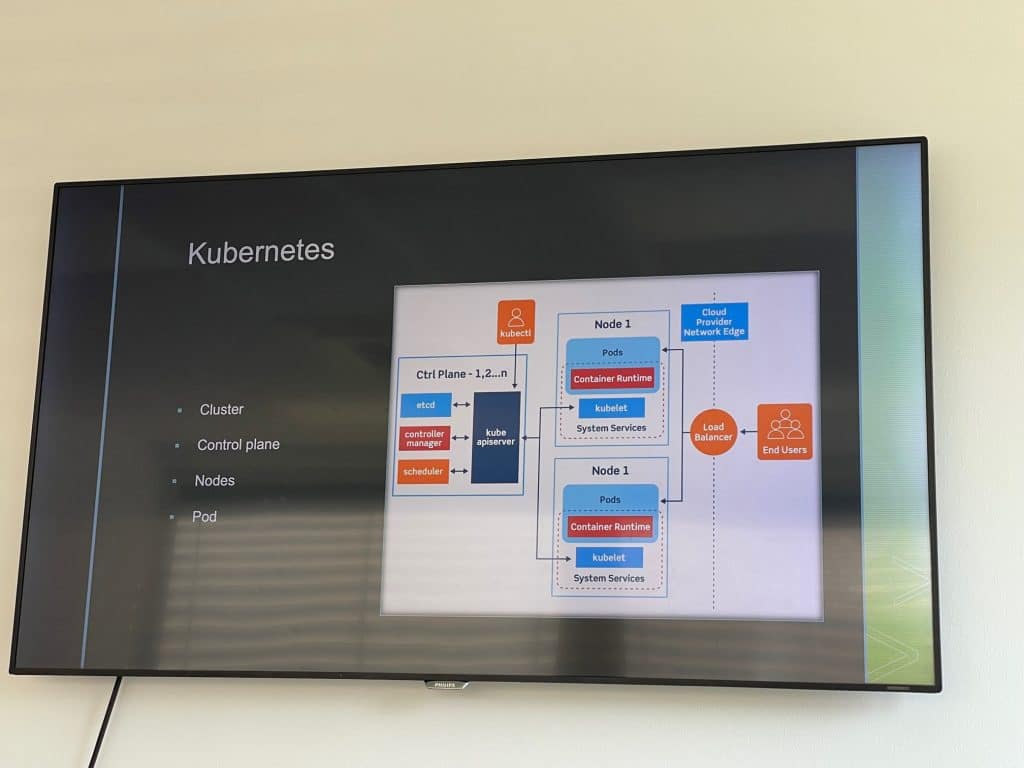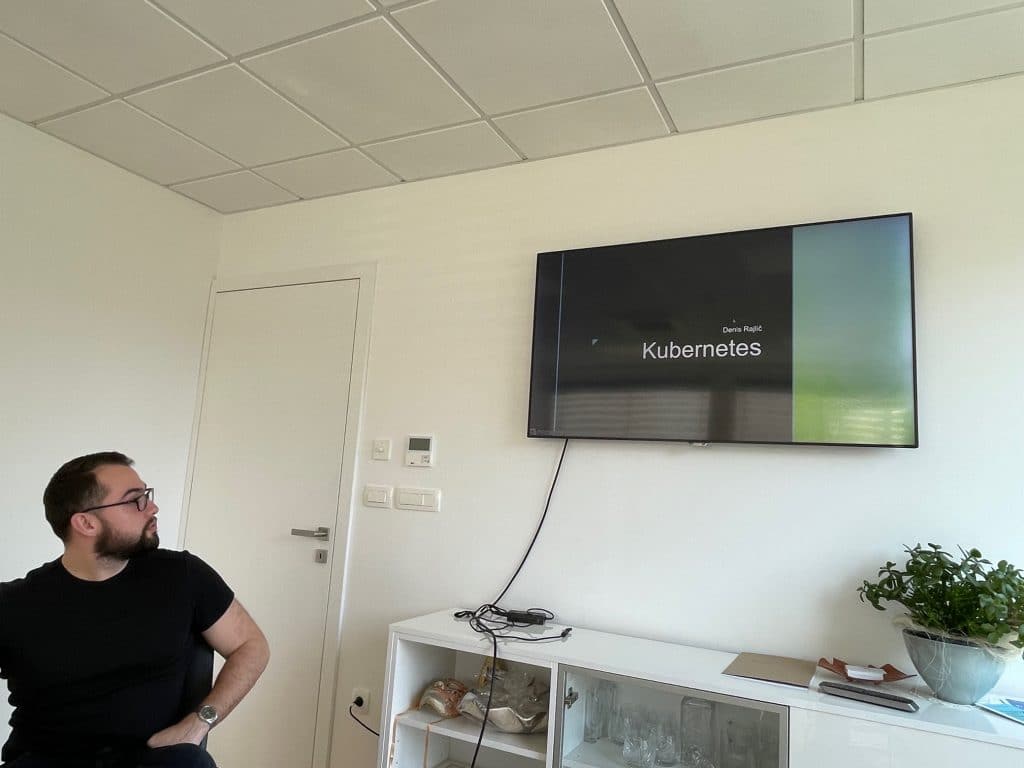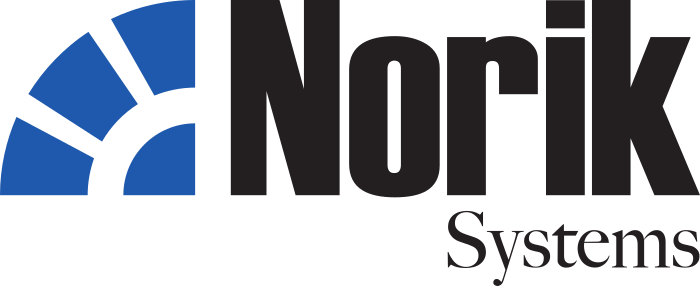Kubernetes is an open-source container orchestration platform that is used to manage and scale containerized applications. Kubernetes allows you to automate the deployment, scaling, and management of containerized applications across a cluster of machines.
The primary benefits of Kubernetes over just using Docker Compose are:
- High Availability: Kubernetes makes it easy to ensure that your applications are always available by automatically restarting failed containers or moving them to healthy nodes in the cluster.
- Self-healing: Kubernetes includes built-in capabilities for monitoring and automatically recovering from failures.
- Load balancing: Kubernetes provides built-in load balancing functionality, allowing you to distribute traffic across multiple instances of your application.
- Rolling updates: Kubernetes makes it easy to perform rolling updates to your application without downtime, allowing you to deploy new versions of your application seamlessly.
- Advanced networking: Kubernetes supports a wide range of networking options, allowing you to configure your applications to work with different network topologies and load balancers.

At Norik Systems, we’re currently using Docker Compose as an orchestration tool for our Docker containers. While this has proven to be a great solution for us in the present, we’re always looking for more modern and improved solutions – and Kubernetes is definitely one of them.

